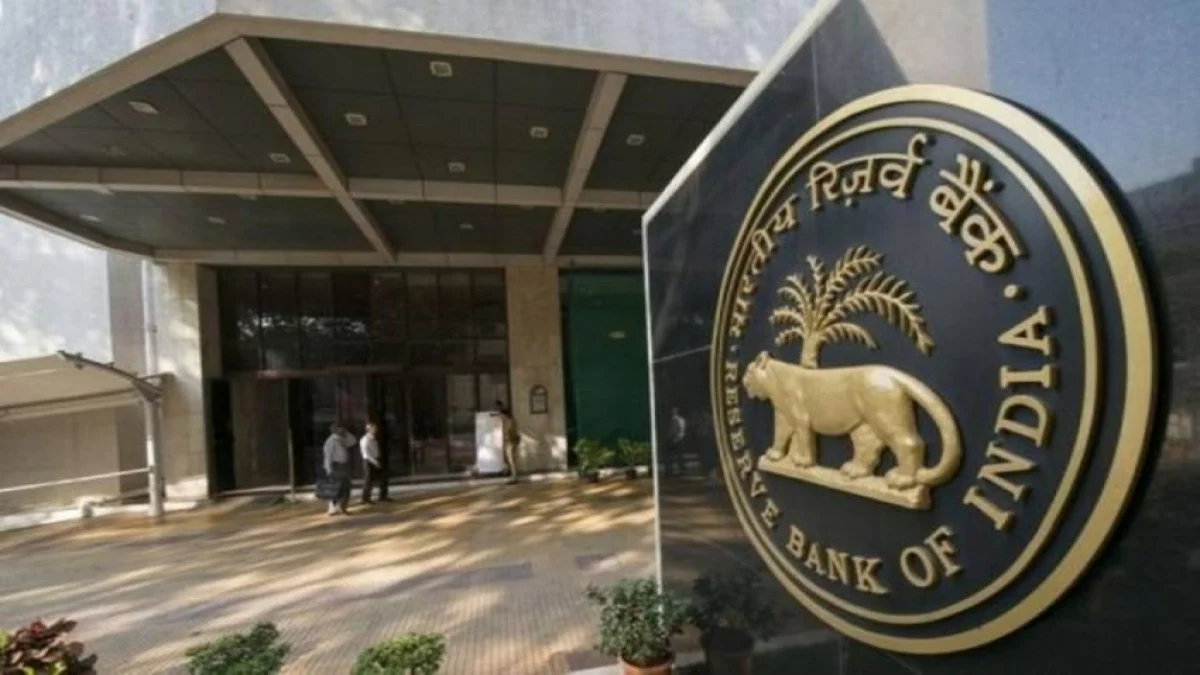RBI Initiatives to Combat Online Payment Frauds and Streamline Financial Operations
The Reserve Bank of India (RBI) has launched several measures to address the increasing risks of online payment frauds and enhance operational efficiencies in the banking sector. These initiatives aim to protect consumers and streamline financial operations, reflecting the RBI’s proactive approach to evolving digital financial landscapes.
Digital Payments Intelligence Platform
To combat the significant rise in payment frauds, which increased by 70.64% to Rs 2,604 crore in the first half of 2024, the RBI plans to establish a Digital Payments Intelligence Platform. This platform will leverage advanced technologies to mitigate fraud risks. A committee led by A.P. Hota, former MD & CEO of NPCI, will oversee its implementation and provide recommendations within two months.
Revised Bulk Deposits Limit
The RBI has proposed revising the definition of bulk deposits for commercial banks and small finance banks to term deposits of Rs 3 crore and above, up from the current Rs 2 crore limit. For local area banks, the bulk deposit limit is proposed to be Rs 1 crore and above. This adjustment allows banks to offer differential interest rates on bulk deposits based on their Asset-Liability Management (ALM) needs.
Automatic e-Mandate Facility
To streamline recurring transactions, the RBI will introduce an automatic replenishment facility under the e-mandate framework. This facility will automatically top up balances in Fastag or NCMC accounts when they fall below a set threshold, eliminating the need for pre-debit notifications 24 hours before the debit.
UPI Lite e-Mandate
The RBI will include UPI Lite under the e-mandate framework by enabling an auto-replenishment facility. This will allow customers to set a threshold for their UPI Lite wallet, which can hold up to Rs 2000 and facilitate payments up to Rs 500. This change aims to simplify transactions and reduce the need for additional authentication.
Rationalization of Export and Import Norms
The RBI plans to rationalize guidelines for the export and import of goods and services to reflect the evolving dynamics of global trade. This rationalization aims to simplify operational procedures and promote ease of doing business for stakeholders involved in cross-border trade.
Why This News is Important
Enhancing Financial Security
The RBI’s initiatives are crucial in enhancing the security of digital transactions. With the significant rise in online payment frauds, these measures aim to protect consumers and instill confidence in the digital payment ecosystem.
Operational Efficiency
By revising bulk deposit limits and introducing automatic e-mandate facilities, the RBI aims to streamline financial operations. These changes will allow banks to manage assets and liabilities more effectively, ultimately improving overall banking efficiency.
Promoting Digital Adoption
The inclusion of UPI Lite under the e-mandate framework and the establishment of a Digital Payments Intelligence Platform reflect the RBI’s commitment to promoting digital adoption. These initiatives aim to simplify digital transactions, making them more accessible and user-friendly for the general public.
Supporting Global Trade
The rationalization of export and import norms will facilitate smoother cross-border trade transactions. By simplifying guidelines, the RBI aims to support businesses engaged in international trade, thereby boosting economic growth.
Consumer Convenience
The introduction of automatic replenishment facilities for recurring transactions will greatly enhance consumer convenience. This move is aimed at reducing the hassle of manual top-ups and additional authentication, making financial operations seamless for users.
Historical Context
Background of Digital Payments in India
India has seen a significant shift towards digital payments over the past decade. Initiatives like UPI (Unified Payments Interface) have revolutionized the payment landscape, leading to increased digital transactions. However, with this rise, there has also been a surge in online payment frauds, prompting the RBI to take proactive measures.
Previous RBI Initiatives
The RBI has consistently worked towards enhancing the digital payment infrastructure. Previous initiatives include the introduction of UPI, the launch of NPCI (National Payments Corporation of India), and various guidelines to protect consumer interests. The current measures build on these efforts, focusing on advanced technological solutions to combat fraud.
Key Takeaways from RBI’s New Initiatives
| Serial Number | Key Takeaway |
|---|---|
| 1 | Establishment of a Digital Payments Intelligence Platform to combat online payment frauds. |
| 2 | Revision of bulk deposits limit for commercial and small finance banks to Rs 3 crore and above. |
| 3 | Introduction of an automatic e-mandate facility for recurring transactions without pre-debit notifications. |
| 4 | Inclusion of UPI Lite under the e-mandate framework with an auto-replenishment facility. |
| 5 | Rationalization of export and import norms to simplify cross-border trade transactions. |
Important FAQs for Students from this News
What is the Digital Payments Intelligence Platform?
The Digital Payments Intelligence Platform is an RBI initiative to mitigate online payment frauds by leveraging advanced technologies for better detection and prevention.
Why has the bulk deposit limit been revised?
The RBI revised the bulk deposit limit to Rs 3 crore for commercial banks to help manage asset-liability needs more effectively and allow differential interest rates on these deposits.
What is the new automatic e-mandate facility?
The automatic e-mandate facility will automatically top up balances in Fastag or NCMC accounts when they fall below a certain threshold, without requiring a 24-hour pre-debit notification.
What changes are being made to UPI Lite?
UPI Lite will now include an auto-replenishment facility under the e-mandate framework, simplifying small transactions and reducing the need for additional authentication.
How will the rationalization of export and import norms help?
The rationalization aims to simplify the operational procedures for export and import, promoting ease of doing business and supporting global trade dynamics.
Some Important Current Affairs Links

















